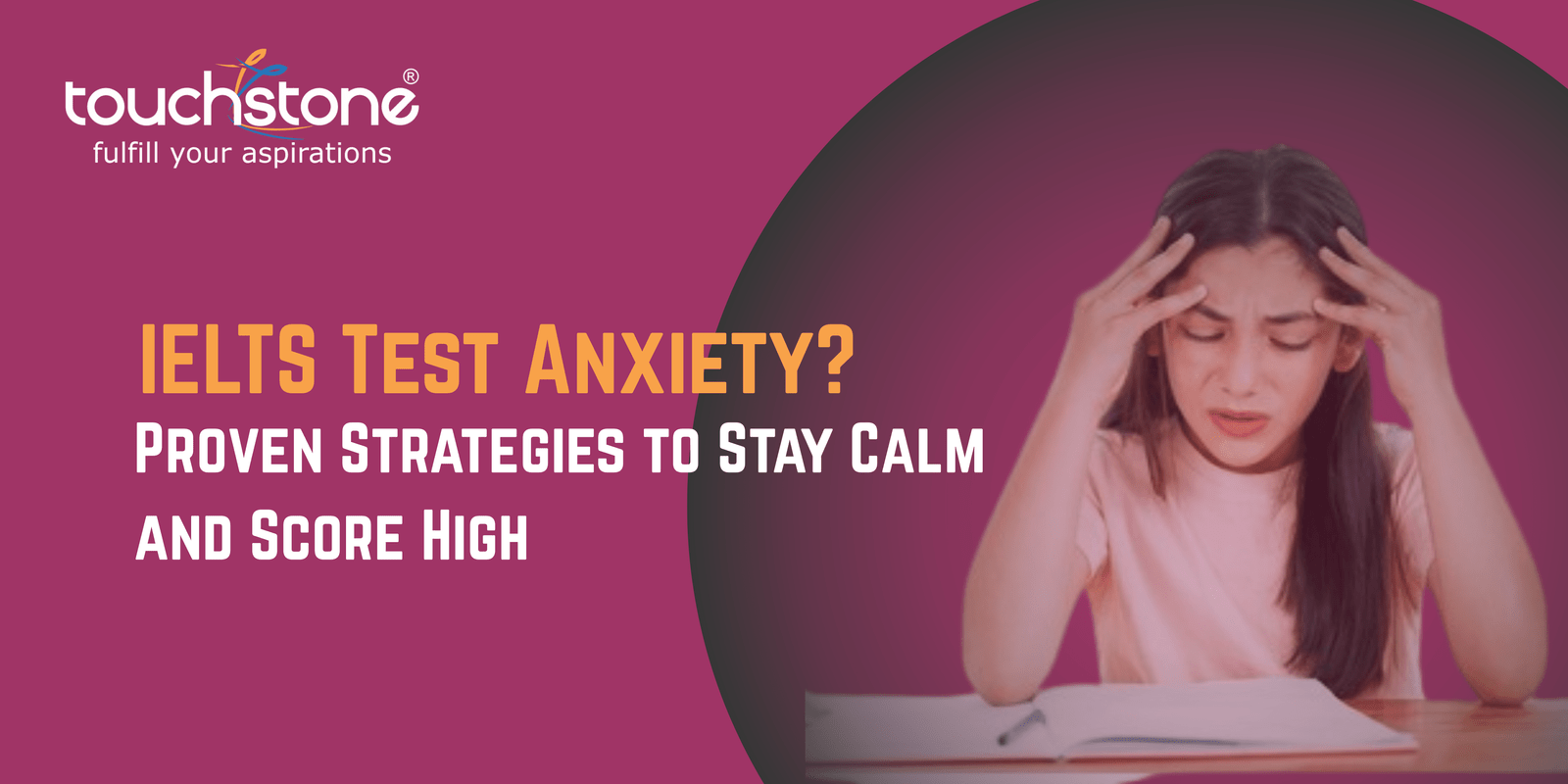If you have decided to pursue your higher education in New Zealand, a few tips for the application procedure will spare you a considerable amount of time, and point you in the right direction.
Application forms
You can get application forms online or directly from the educational institution, provided, you start the process about 8 to 10 months before the last date for its submission. You can get the confirmed dates for the submission of applications online or you can contact us at Touchstone.
Eligibility criteria
If you are applying for a degree course in a college in New Zealand:
- You should have the necessary requirement of having completed twelve years of education
- In case this criterion is not met, you should do a one year course in any college in India, or, a short duration course in any New Zealand College to meet the eligibility criteria of your desired college
- The qualifications accepted: Intermediate Courses, Indian School Certificate, High School Certificate, All India Senior School Certificate and Higher Secondary Certificate
- 60% marks in English, and 75% total marks
Application necessities
Individuals applying for a college degree in New Zealand need to submit documents of their last educational qualification, along with the secondary school report. You have to ensure you present the original or certified genuine copies, which ought to be attested by a designated attesting authority. In the event that the document is in a language other than English, you have to enclose a copy in English by the issuing authority of the college.
English proficiency tests
Depending on the requirement of the educational institution you are applying for, the test scores of proficiency tests: IELTS or TOEFL, are necessary. Keep in mind that various colleges have different band/score requirements.
Application expense
The application charge varies for different schools and colleges, depending on the course you select and the college you apply to.
To find out more, visit Touchstone or contact us at 1800-137-3737.








